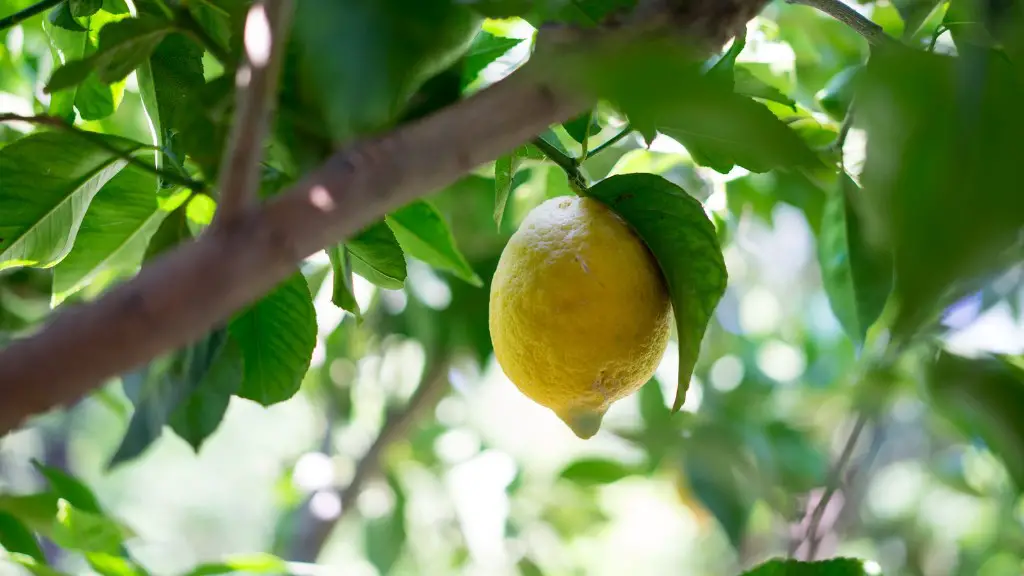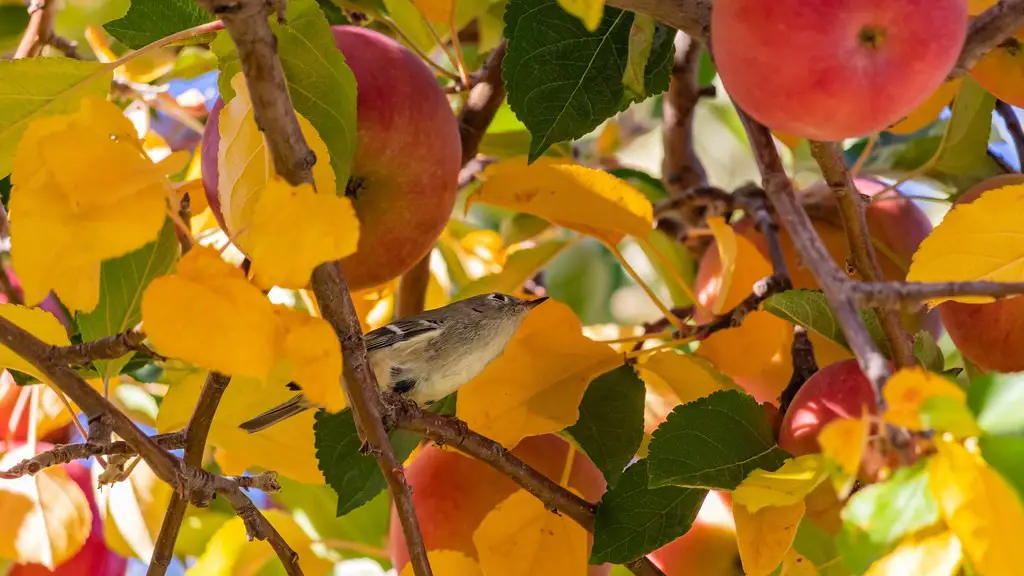Growing a healthy lemon tree requires a special type of soil. Here are some tips to help you create the perfect soil for your lemon tree.
Firstly, buy a potting mix specifically designed for citrus fruits that contains a good balance of organic material such as compost, decomposed manure, and peat moss. Make sure to avoid using soil from your garden as it could contain weeds, pests, or disease that your lemon tree would not appreciate!
Next, to ensure your soil has the proper drainage, mix in some perlite or sand. This helps to create air pockets that allow for water to pass through and prevents your soil for becoming waterlogged. However, be sure not to use too much perlite or sand, as this could create too much drainage and make it difficult for your lemon tree to access moisture.
Additionally, adding fertilizer to your soil helps to give your lemon tree all the nutrients it needs to grow. Look for a fertilizer that has a higher ratio of nitrogen and potassium. This can help to boost the fruit production of your tree and provide it the essential nutrition for a healthy life.
Finally, it’s important to mix these ingredients together before adding soil to your lemon tree’s pot. This helps to ensure that your soil is distributed evenly and all the different ingredients are combined appropriately. Once your soil is ready, you can add it to the pot (with water) and start planting your lemon tree.
pH Level
When making the soil, the soil’s pH level is also something to consider. The ideal pH level for your lemon tree is 6.5. In order to achieve this pH level, you can add some wood ash to your mix, which will raise the pH level slightly. It is important to avoid adding lime, as this may make the pH level too high, which could be harmful to your tree.
Mulch
You may also want to consider adding some mulch to your soil to help it retain nutrients and moisture. A natural mulch, such as wood chips, bark chips, or cocoa shells, can add additional benefits like beneficial organisms and microbes to the soil. Adding mulch can also help the soil stay cooler in the summer and warmer in the winter and help reduce the amount of water loss in the soil.
Watering
Watering your lemon tree is also a key part of keeping it healthy. Usually, a lemon tree needs to be watered every couple of days during times of growth to ensure it has enough water to thrive. To check if your soil is dry and needs to be watered, stick your finger into the soil and if it feels dry, it’s time to water. If the soil feels wet, wait until it starts to feel dry before watering again.
Pruning
Pruning is another important step in keeping your lemon tree healthy. Pruning helps to promote growth and can help shape the tree, making it easier to maintain. It is best to prune your tree during its dormant period and make sure to cut only dead or weak branches. Pruning the tree can also help with air circulation and sunlight penetration, helping your lemon tree to thrive.
Fertilizing
Fertilizing your lemon tree is important for giving it the nutrients it needs to grow. Feed your lemon tree a nitrogen-rich fertilizer every 6-8 weeks. You can also use a slow-release fertilizer, which will gradually release its nutrients into the soil and won’t need to be applied as frequently as a regular fertilizer. Additionally, be sure to give your lemon tree extra fertilizer during the growing season for extra boosts of nutrition.
Pests and Diseases
Pests and diseases can also be a problem for lemon trees, so make sure to conduct regular inspections to check for problems. If you notice any pests or diseases on your tree, it is important to treat the tree as soon as possible. Some pests and diseases can be treated with insecticidal soap, while others may require a specific type of pesticide. It is important to identify the pest or disease so that you can treat it with the right product.

